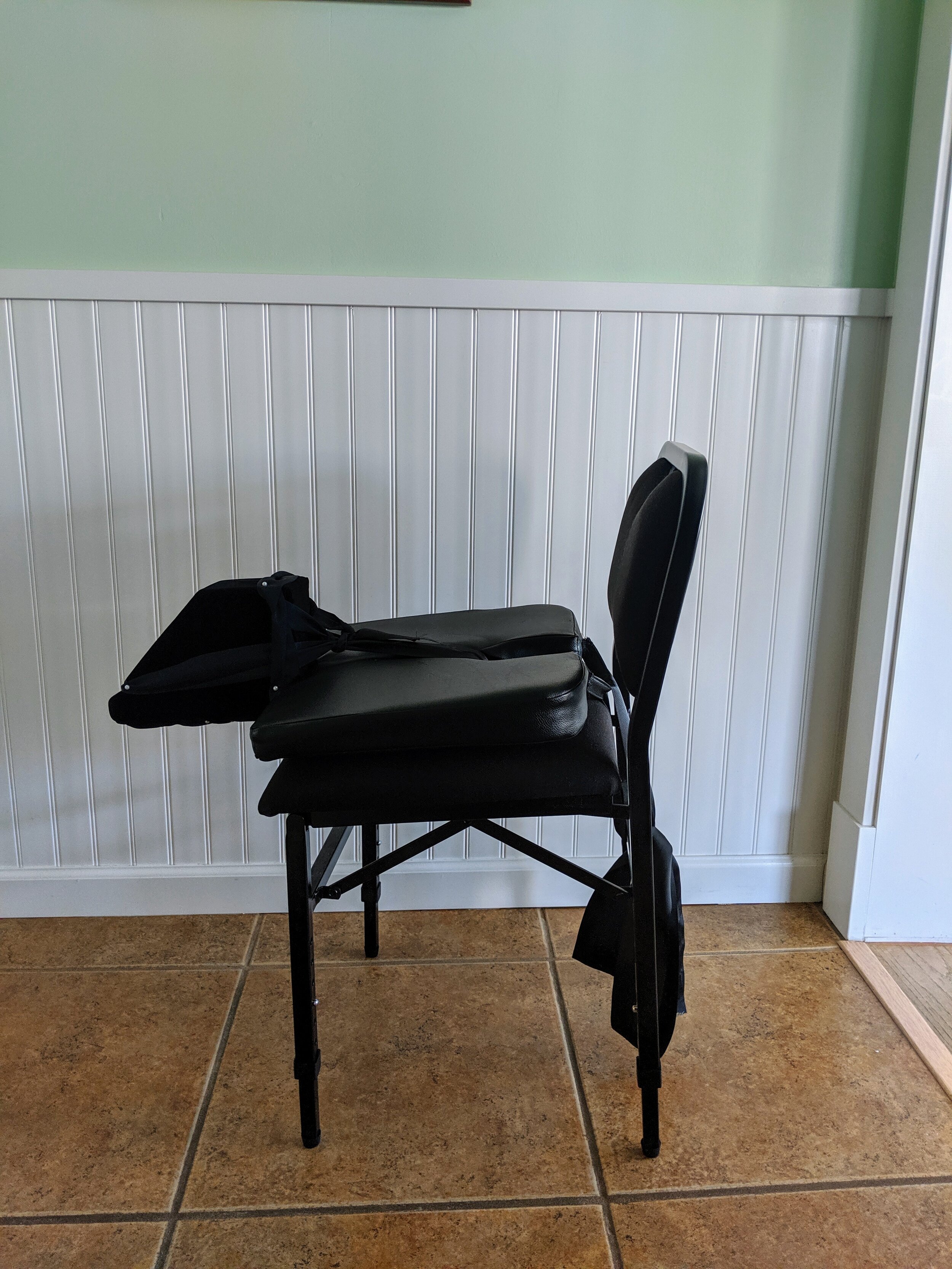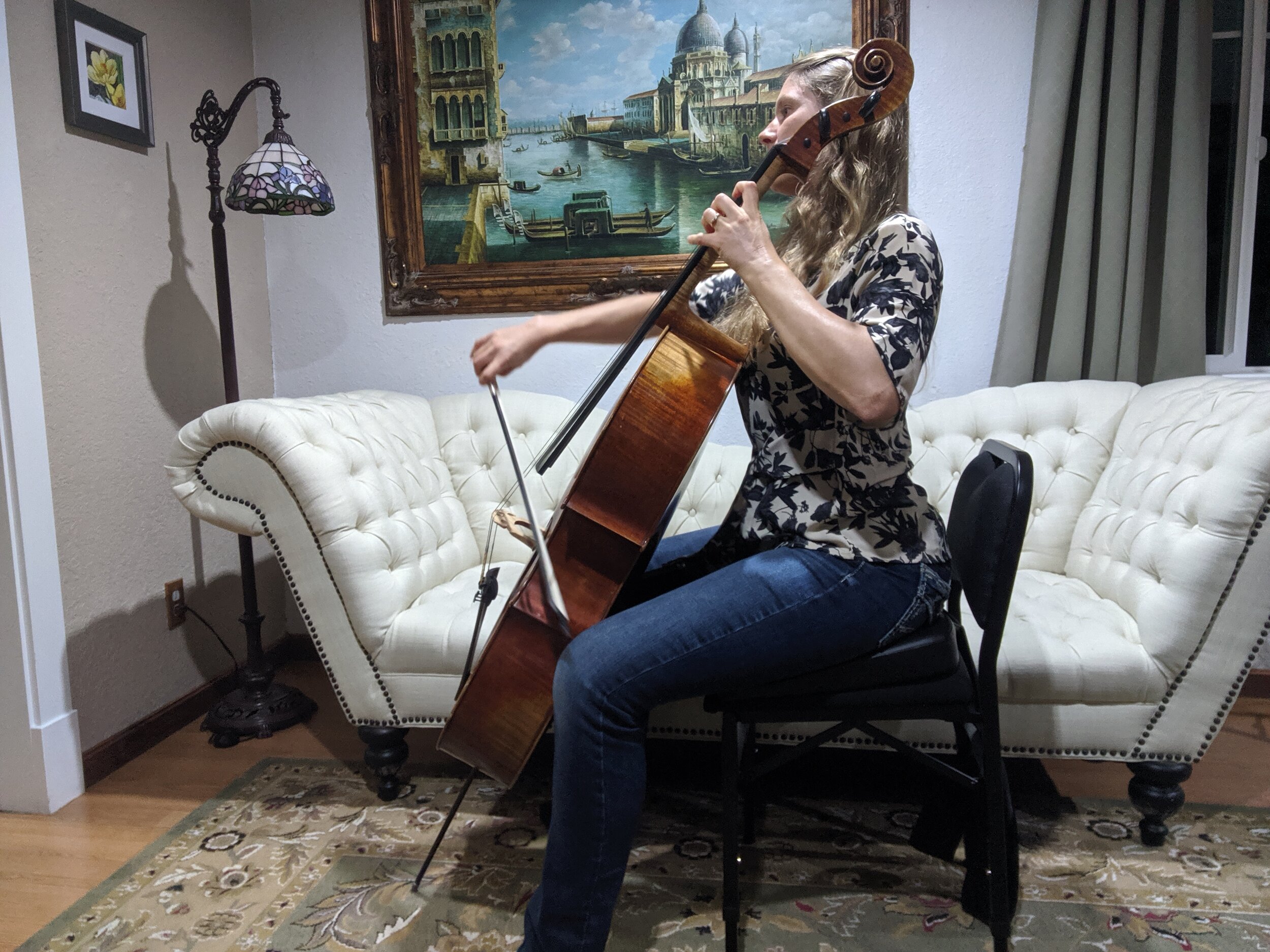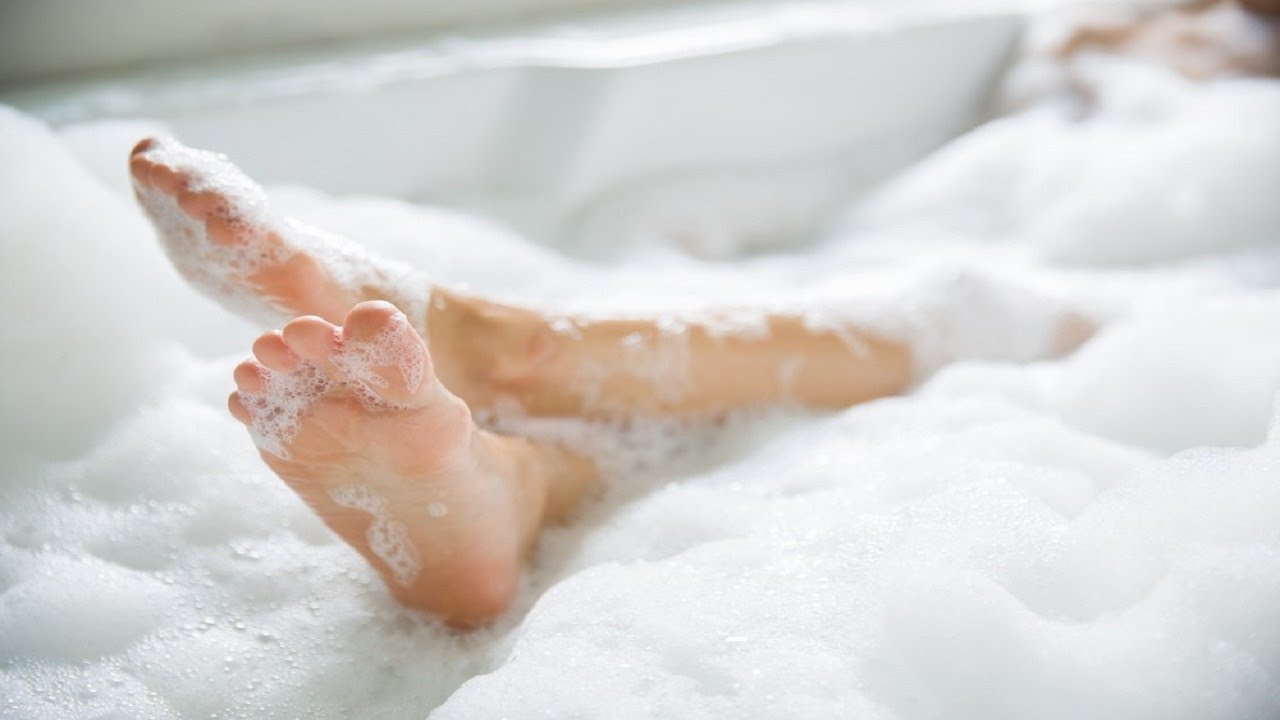- Schedule exercise either by time of day or by tacking it onto something that you already do daily. For example, you can say: I’ll exercise first thing after getting up in the morning, I’ll exercise at 7:00pm, or I’ll exercise before eating lunch.
- Think of several different kinds of exercise that you enjoy and do a different type of exercise or routine each day to keep it fresh. Ideas include walking, running, yoga, Pilates, swimming, sports, cycling, dancing, jump rope, going to the gym, or floor exercises that can be done without equipment.
- Exercise with a friend.
- Listen to a book on tape or music while you exercise.
- See exercise as your personal time to think or unplug from the world.
- Exercise mindfully and feel the strength in your muscles and the energy of your pumping heart.
Tips for Diet:
- Prepare meals in advance so that you don’t have to cook every day (invest in lots of food storage containers of the same size so that they can be neatly stacked in your freezer or refrigerator. Use glass containers instead of plastic because they don’t transfer chemicals or bad flavors to the food).
- Drink water! Carry a bottle of water wherever you go and for a more appealing cold or hot drink, bring it in an insulated water bottle. Avoid mindlessly drinking sugary drinks or alcohol but drink them as a special treat during a time at which you can enjoy every sip.
- Juice fresh vegetables and have the juice available to energize yourself on a performance day.
- Make healthy shakes that are easy to bring in place of a meal.
- If you don’t have time to shop for food, consider a home grocery delivery plan.
- If you don’t have time to cook, consider an easy home cooking plan.
- Learn quick and healthy recipes that you can rotate using ingredients that you have on hand. (I like “How to Cook Everything” by Mark Bittman).
Regular Check-Ups:
I don’t think that anyone really looks forward to going to regular doctor, dentist, or eye doctor appointments. However, it’s important to get regular check-ups just to make sure that everything is still well with your body. If possible, schedule all these appointments during your slow season so that you don’t need to think about them when you’re in your very busy. Schedule a reminder in your calendar that will tell you to make your doctor appointments and don’t ignore it when it comes up.
Self-care in Relation to Playing or Singing:
Live a lifestyle that keeps your body and mind in optimal singing and playing condition. You know what habits are specific to you whether it be diet, specific exercises or stretches, and good performing habits to prevent injury when singing and playing your instrument. It’s also healthy incorporate good habits right into your instrument or singing practice. These can include short intervals of stretching and breathing, visualization techniques, the Alexander Technique, or just regular check-ins to notices if you have any tension.
Example: I had severe nerve damage in my left arm and I do arm exercises daily and apply essential oils. This takes about 15 minutes every day, but I have a scheduled time to do it because for me it’s a necessity for pain management and mobility. During my practice sessions, I stop at regular intervals to do a few seconds of stretching. Sometimes, I find that I feel even better after practicing than before!
Schedule Self-Care
A couple of years ago, I noticed that I was frequently feeling down in spirits at various times and I didn’t know why. I became a student of myself and over the next few weeks, I made mental notes of what was happening when I felt down.
A very clear pattern emerged. I realized that I would feel down when I hadn’t had any social activity for a while. Since I’m an introvert, I had always thought – no big deal, right? I need plenty of time to be alone, so that can’t be my problem. But the truth is that whether you’re an introvert or an extrovert, you need regular social interactions to life a healthy and balanced life. I realized that I sometimes went without interactions with friends for weeks at a time and this was a big problem.
I scheduled time to spend with friends (even if it was just on the phone) a minimum of once a week. I guarded my time with friends carefully. After only a few weeks of trying this, my husband commented that I seemed different somehow. He said that I was much more positive, happy, and engaged. I then told him about the experiment that I was doing, and he encouraged me to keep it up.
When you have more time-consuming self-care activities, it’s important to schedule them. Make a specific time each week to sit down to evaluate your past week and to schedule the upcoming week. Ask yourself what’s working and what’s not working. What do you need more of and what do you need to cut back on? Be intentional about what your're doing with your life on a small scale. This can be your time to make a mini life assessment so that you don’t live on autopilot. You know your schedule and your needs and can choose the frequency of your scheduled self-care activities to be daily, weekly, monthly, or even yearly. Make these scheduled activities as important as any other appointment on your calendar. Sometimes this will mean that you have to say “no” to people. If you’re honest with others, then they’ll begin to see how important self-care is to you. If they admit the truth to themselves, they’ll realize that they want that for their lives as well, and one person at a time, self-care may become an embraced and respected part of society.
Drop your ideas of what defines a useful activity. If your activity leaves you feeling one of the following ways, then it’s a useful activity and it doesn’t matter why:
- Positive
- Energized
- Strong
- Inspired
- Calm
- Focused
- Joyful
- Courageous
- Connected
- Relaxed
Here’s a sample list of items that you can schedule. As you read this list, take note of which activities have worked for you in the past and which ones that you might want to try for the future. When doing your activity, unplug yourself from work life completely. Turn off your cell phone or work notifications and put your phone where you can’t see it.
Take a Day Off:
If you’re in music, your day off might not be on the weekend, but you can choose another day of the week. Once you choose your day off for the upcoming week, schedule it as a very important appointment in your calendar. Busyness can come in many forms and isn’t just about your job. Consider all the responsibilities that you deal with daily and take a rest from them as much as possible. On your day off, be intentional about doing things that rejuvenate you. This may even involve things that some people consider “work”, but if it’s refreshing for you, then do it. The key is intention.
Time with Family or Friends:
Remember your friends and family. Everyone needs community and social interactions in order to be balanced and healthy. Make time for your friends and/or family even if the time is more limited than normal, such as with a quick phone call. Spend time with people who leave you encouraged and with a smile on your face.
Other self-care activities to schedule include:
- Go out to dinner with your family or friends or even schedule a dinner at home
- Have an adventure – hiking, fishing, road trip etc.
- Take a day of fun exercise such as hiking, swimming, biking or gardening
- Participate in a sport that you enjoy
- Attend a social or town event
- Go to the spa or for a massage
- Go to the movies
- Read a good book
- Do a wine and paint session
Quick Self Care Techniques
As important as the previous activities are, they do take time, and sometimes you just need a quick way to recharge and reset. You may also want a healthy and productive way to fill an odd gap of time between other activities, rather than checking social media or your news feed. It may also be tempting to fill the moments when you need a short break by heading to the refrigerator or snack machine, falling into a bad habit you'd rather break, or ignoring that you need a break altogether. We all need to take moments of refreshment in the middle of a busy day and that’s why I created the idea of quick activities. Quick activities should only take between one and fifteen minutes to complete.
Make a list of your own quick activities and keep it in a place that you can refer to at any time. To make your list, you can ask yourself these questions:









